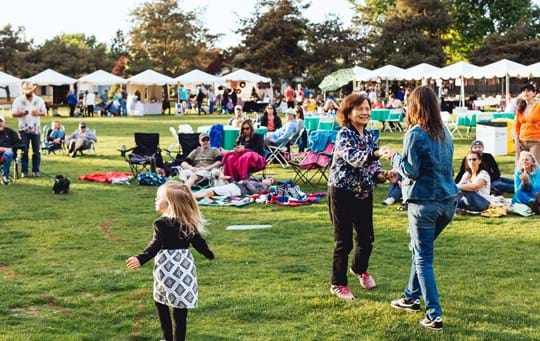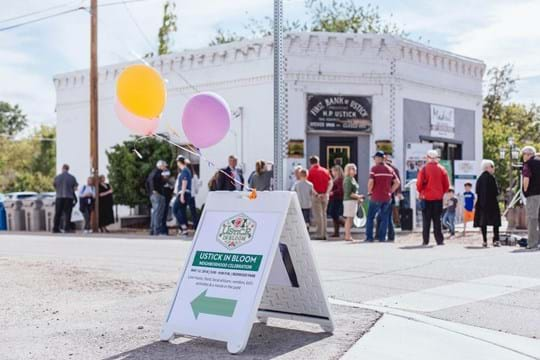Neighborhood events are a great way to bring residents and local groups together. Events can help make connections and build relationships, offer new experiences, celebrate historical and cultural placemaking, and create a unique identity. A successful event can become a neighborhood fixture, a source of pride and an anticipated annual event.
It’s ok to copy a great idea. Don’t be afraid to copy or modify other community or neighborhood events. Researching what other groups or cities have done can also give you a great start.
Checklists are your best friend. No matter how great your memory and organizational skills, checklists are crucial to planning and completing tasks, and meeting timelines. Forgetting one small thing or missing a deadline can impact many other parts of the planning process. Think domino effect.
Be prepared for things to go wrong--they will. Have a back-up plan for the back-up plan. No matter how organized and prepared you are, things will go differently than you plan. Have back up plans. The more people/pieces involved, the more moving parts, which means the higher the chance for things to go wrong. This does not mean your event is a ‘failure.’ Celebrate the successes and learn from what doesn’t work, then make adjustments for the next event
Pre-Planning
In order to have a successful and safe event, it is important to have a detailed and organized planning process. The best idea will not succeed without a wellthought-out and developed plan. With that in mind, you should have a certain amount of flexibility. As you get into the planning, your event may change in size or location, but the ‘why’ should stay in focus.

Start by asking some initial questions:
Why?
Clearly define the event’s purpose and goals. This will help you to measure the event's success. What do you want to achieve? Always keep the ‘why’ in mind throughout the process to help guide planning.
Who?
Identify your target audience so you know what will attract them to your event and what will turn them off. Defining this clearly will dictate many of your other decisions. It is also important to set a goal for number of attendees on the big day.
What?
When deciding the event's specific details and activities, keep the ‘why’ in mind to ensure alignment with the overarching goals. Knowing what you need for the event will help dictate your planning timeline.
Focus on quality over quantity. It can be tempting to go really big, but don’t overextend yourself. Be realistic about capacity and budget. Starting with a small but quality event that will be a positive memory for attendees is far more important than big ideas and poor execution. It can always grow and expand in the future.
Where?
When choosing the venue, consider things like ease to deal with, safety, accessibility, fees, on-site services, hazards, neutrality, etc. Neutrality refers to the fact that a location can signify an affiliation with a belief or group, which may impact attendance.

When?
When selecting the date, consider possible conflicts such as weather, holidays, cultural/sports/ religious events, school schedules or the availability of key presenters. When feasible, a great way to maximize attendance is to combine a new event with an existing one. This provides built-in attendance and also means shared outreach and promotion, increasing attendance for both groups.
How?
How will you pay for the event? Develop a financial plan and a detailed budget. Consider internal budgeting capacity and fundraising needs, as well as sources such as cash, grants, in-kind donations and volunteered services. Having giveaways and prizes are great incentives for folks to show up and stay throughout the event.
Prior to your event, please download and review a comprehensive guide below:
Additional Resources
Send a Message to Energize
Thank you for your interest in Energize Our Neighborhoods with the City of Boise. Please fill out the form and someone will reach out to you shortly.